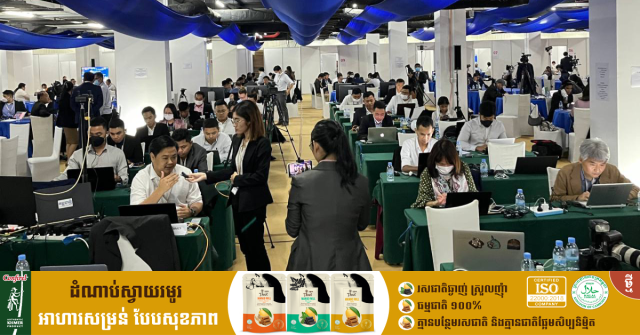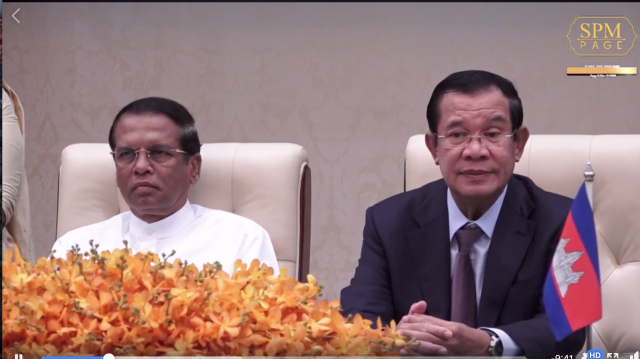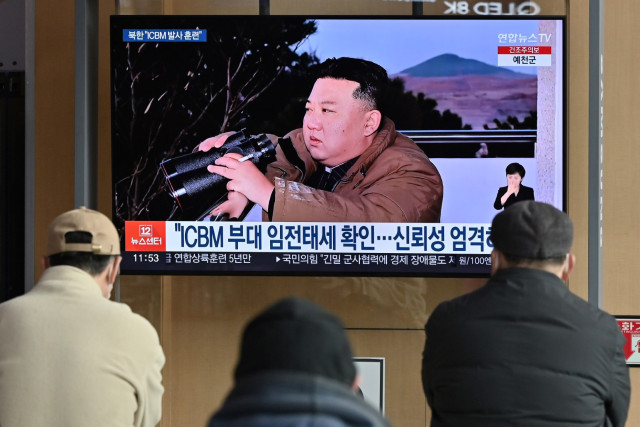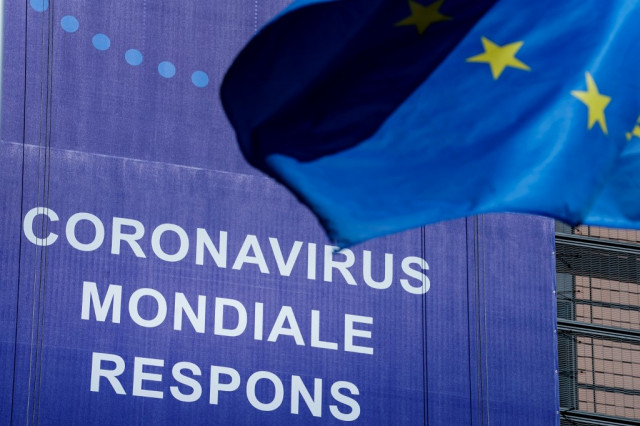No Effective “Fake News” Control without Truly Independent Journalism

- By Cambodianess
- September 24, 2023 10:00 AM
Cooperation in the fight against “fake news” is at the heart of the first regional tour of the new information minister. For the authorities, the goal is to manage the broadcast of messages presented as information duly substantiated by so-called professionals but that are actually frauds and lies meant to provoke “social chaos.”
These “fake news” have taken over the social media, which have become in only a matter of years the first information media on media scale. Everyone can say and pass on what he wants, which is all the easier done that anonymity is the rule.
The proliferation of these “fake news” and the importance of their audience are not only the product of the technological revolution that the internet and social networks represent.
They are also based on and are fed by a deep mistrust toward the information produced by the traditional media accused of being at the service of the governments, multinationals and, in the case of the most convinced “conspiracy theorists,” of a power in the shadows that would aim at enslaving the masses by giving them this false vision of reality.
Governments, institutions and businesses have always “communicated” either to enhance and strengthen their power, or to promote their services and brands. “To communicate” involves to spin to their advantage the information they release, to showcase the data that validate their message while playing down, if not hiding, those that disprove it. In the worst cases, this information turns into propaganda: Everything is false and brooks no contradiction.
Who can sort out what falls under information and communication, even propaganda, except this intermediary body that is professional journalists whose ethical code is to produce, independently, information duly verified, balanced, put into context in an appropriate way and whose any ethical breach would have been disciplined by the profession itself.
It makes sense for any authority—whether government, institution or enterprise—to denounce as “fake news” what calls into question its set discourse of power, whether political or economic. That is communication, more or less.
Which is why these authorities are not the best qualified to effectively fight “fake news.” This battle is better left to the only ones qualified to lead it: professional journalists. But they will win it only after an even more important battle, that for their independence, to which the said “public” authorities must provide all their support rather than attempting to set themselves as guardians of the temple of information, which, by nature, they cannot be.















